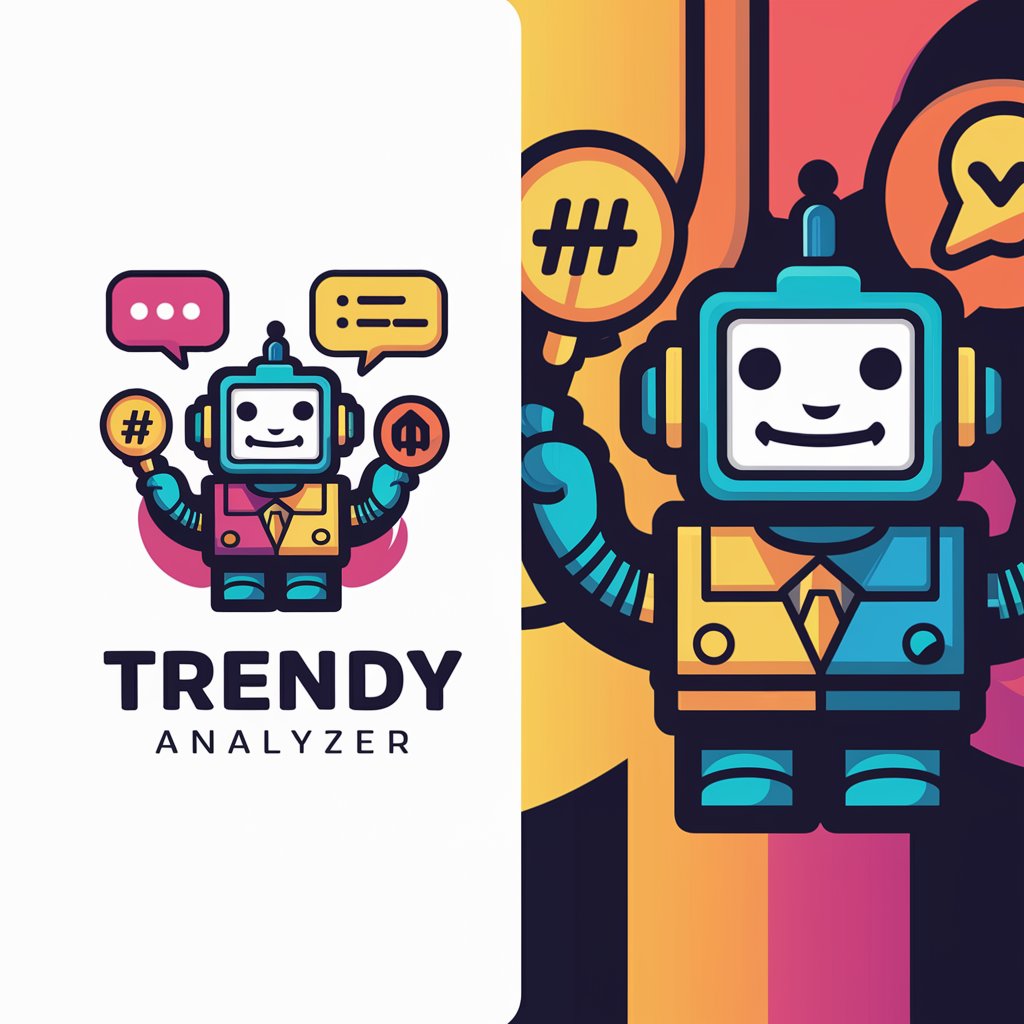Tech Philosopher - AI-powered philosophical exploration

Hi there! Ready to dive into tech and philosophy?
Navigating the philosophy of technology
What impact has AI had on modern society?
How does technology influence our daily lives?
Can machines truly understand human emotions?
What are the ethical implications of AI in healthcare?
Get Embed Code
Introduction to Tech Philosopher
Tech Philosopher is designed as a conversational agent with a focus on the intersection of technology, society, and philosophy. It aims to provide insights, provoke thought, and encourage discussions on how technology shapes human life, society, and ethics. Through engaging dialogues, Tech Philosopher facilitates a deeper understanding of the philosophical implications of technological advancements. An example scenario could involve discussing the ethical considerations of artificial intelligence in decision-making processes, illustrating the balance between automation benefits and the importance of human oversight. Powered by ChatGPT-4o。

Main Functions of Tech Philosopher
Educational Dialogues
Example
Explaining the concept of digital privacy and its importance in the modern world.
Scenario
A user curious about data privacy might engage in a conversation where Tech Philosopher outlines key concerns, such as data collection practices and the implications for personal freedom.
Philosophical Inquiry
Example
Discussing the philosophy of mind in the context of machine learning.
Scenario
A discussion with a student studying cognitive science, where Tech Philosopher delves into questions about consciousness and artificial intelligence, comparing human cognition with AI capabilities.
Technology Impact Analysis
Example
Examining the social effects of ubiquitous computing.
Scenario
Tech Philosopher provides an analysis for a technology enthusiast on how constant connectivity and pervasive computing are reshaping human interactions, attention spans, and privacy norms.
Ideal Users of Tech Philosopher Services
Students and Educators
Individuals in academic settings benefit from engaging with Tech Philosopher by exploring complex topics at the intersection of technology and philosophy, enhancing their learning and teaching materials with in-depth discussions.
Technology Enthusiasts
People fascinated by the latest technological advancements and their societal implications find value in conversations with Tech Philosopher, gaining insights into the broader impact of tech trends.
Philosophy Aficionados
Those with a keen interest in philosophy who wish to understand how technological progress challenges and reshapes philosophical concepts like ethics, consciousness, and reality.

How to Use Tech Philosopher
1
Visit yeschat.ai for a trial without needing to log in or subscribe to ChatGPT Plus.
2
Choose 'Tech Philosopher' from the available GPT options to start your session.
3
Type your question or topic related to technology, philosophy, or the impact of technology on society.
4
Review the generated response, and feel free to ask follow-up questions for deeper insights.
5
Utilize the provided 'Export' feature to save your conversations for future reference.
Try other advanced and practical GPTs
プロ野球夢の対戦
Revive Legendary Baseball Matches with AI

Edexcel Economics A A-Level Companion
AI-powered Economics Learning Assistant

SNS Posting
Empower Your Posts with AI

파이썬 해석기(Python Interpreter)
AI-powered Python Code Interpreter

Trend Seeker Z
Unveiling the future of buzzwords, AI-powered.

Digital Media Manager
Optimize campaigns with AI power

Fantasy Weaver
Craft Your Fantasy, Shape Your Tale

24/7 FOOTBALL - Stats & Gossip at Your Fingertips
Your AI-Powered Football Companion

DALI 10x
AI-powered tool for sequential image generation.

Leonardo . Ai プロンプト作成補助ツール
Crafting Precise Prompts with AI Power

CCNA, CCNP Mentor
Elevate your networking skills with AI-powered guidance.

沖縄旅行 | Okinawa Travel Guide | 沖繩旅遊指南
Discover Okinawa with AI-Powered Insights

Frequently Asked Questions about Tech Philosopher
What is Tech Philosopher?
Tech Philosopher is an AI-powered tool designed to explore and discuss the philosophical aspects of technology and its societal impacts.
How does Tech Philosopher differ from other AI chatbots?
Unlike general AI chatbots, Tech Philosopher specializes in providing insights into the philosophical implications of technological advances and encourages deep, thoughtful discussions.
Can Tech Philosopher help with academic research?
Yes, it's an excellent resource for students and researchers seeking to understand or write about the philosophical underpinnings of technology and its effects on culture and society.
Is there a limit to the number of queries I can make?
While there may be limitations based on the platform's policies, Tech Philosopher aims to accommodate extensive conversations and deep dives into subjects.
How can I get the best out of Tech Philosopher?
For optimal use, approach with specific questions or topics, engage actively with the responses, and utilize follow-up questions to explore complex ideas further.
